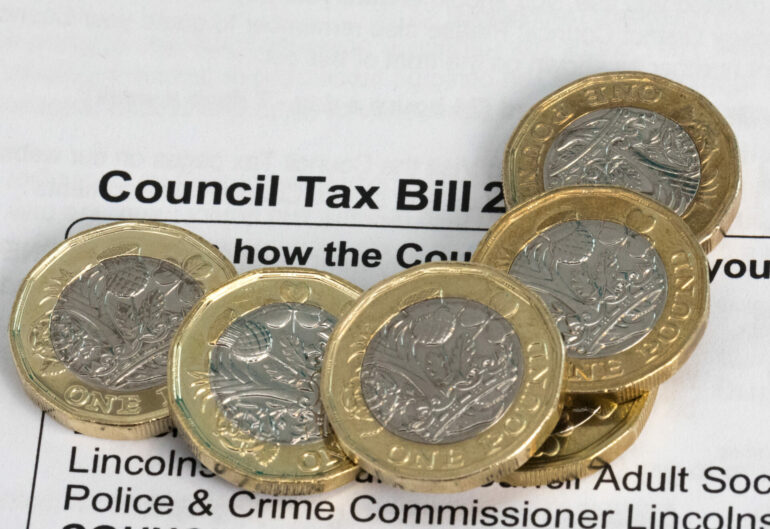The Scottish Government should consider reforming Council Tax, particularly through a revaluation of property values that are currently based on April 1991 data, according to the Institute for Fiscal Studies (IFS).
The proposal aims to improve fairness and efficiency within the Scottish tax system.
Research indicated that more than half of properties in Scotland are now in the ‘wrong band’ when comparing current values to the 1991 assessments.
Around 30% of properties are in a band that is too high, while a similar proportion is in a band that is too low.
Updating band thresholds could create a more equitable system.
The second chapter of the IFS’ third annual Scottish Budget Report shows that if council tax was revalued on a revenue-neutral basis, about 60% of households would see little or no change in their bills.
However, 18% would face increases between £50 and £500, while 17% would see reductions in that same range.
The report suggested that moving to a proportional tax system would create fewer burdens on low-income and middle-income households.
David Phillips, associate director at IFS, said: “Like in England, council tax in Scotland is a relic of the 20th century, with properties still assigned to tax bands based on their relative values in April 1991.
“The Scottish Government has been promising to consult on reforms since the 2021 election.
“It is therefore welcome that it has now announced a programme of analysis and consultation this year on the options, to culminate in a full Scottish Parliament debate on reform proposals before the 2026 Scottish election.
Phillips added: “At a bare minimum, reform should consist of a revaluation.
“We wouldn’t tax people’s incomes based on the relative salaries their jobs paid 34 years ago – but we do tax their housing based on the relative values of their properties 34 years ago.”
He said: “Those living in properties that are now worth the same amount can face council tax bills that differ by many hundreds of pounds because they used to be worth different amounts.
“That is unfair and should change – both north and south of the border.”
Sam Ray-Chaudhuri, research economist at IFS, said: “Broader reform alongside a council tax revaluation could improve the fairness and efficiency of the Scottish tax system.
“For example, even if the Scottish Government did not want to make its tax system overall more progressive, increasing the progressivity of council tax could be offset by reducing other, more damaging taxes.
“For example, raising less from high-value properties via land and buildings transaction tax and more via a revalued-and-reformed council tax would be fairer and better for growth and well-being.”
Ray-Chaudhuri added: “Fairer because the tax system would no longer penalise people who move more, or whose property’s value has not kept pace with the rest of Scotland.
“And better for growth and well-being because it would no longer hinder people from moving to properties that better suit their circumstances, including for work.
“Scotland’s Tax Strategy commits the Scottish Government to seeing and making tax policy “in the round”. Council tax and wider property tax reform would be a good place to start.”




